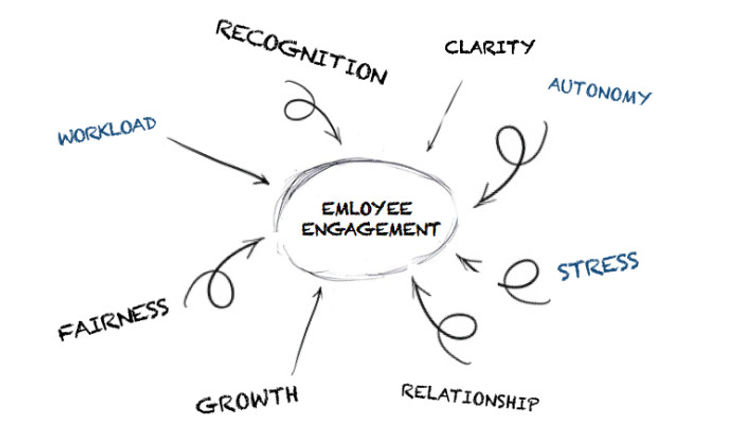Power can be a useful tool for leaders, as it allows them to make decisions and take actions that can help their team or organization achieve its goals. However, power is not necessarily a good thing in and of itself. It depends on how it is used.
Effective leaders use their power to inspire and motivate their team, to create a positive work environment, and to make decisions that are in the best interests of the group or organization. They use their power responsibly and ethically, and they are accountable for their actions.
On the other hand, leaders who seek power for personal gain or to dominate others may use their power in harmful or irresponsible ways. They may make decisions that serve their own interests rather than the interests of the group, and they may abuse their power in order to control or manipulate others.
Overall, power can be a useful tool for leaders, but it is important that it is used responsibly and ethically, in service of the goals and needs of the team or organization. There are several ways that leaders can learn how to use power effectively:
1. Understand the different types of power: There are several types of power, including legitimate power, which is based on a person’s position or role; expert power, which is based on a person’s knowledge or expertise; and referent power, which is based on a person’s likability or charisma. Understanding the different types of power can help leaders to identify the sources of their own power and to use it in a way that is appropriate and effective.
2. Use power responsibly: Leaders should use their power in a way that is ethical and responsible, and that serves the best interests of the team or organization. This means considering the needs and perspectives of others, and being accountable for their actions.
3. Communicate effectively: Effective communication is key to using power effectively. Leaders should be clear and concise in their communication, and should listen actively to the concerns and ideas of others.
4. Empower others: Leaders should strive to empower their team members, rather than seeking to dominate or control them. This can involve delegating tasks, providing support and resources, and creating an environment in which team members feel valued and motivated.
5. Seek feedback and guidance: Leaders should seek feedback and guidance from others in order to improve their leadership skills and to ensure that they are using their power effectively. This can involve seeking feedback from team members, mentors, or colleagues.
Overall, using power responsibly requires leaders to be thoughtful and considerate of the needs and perspectives of others, and to act with integrity and accountability.













